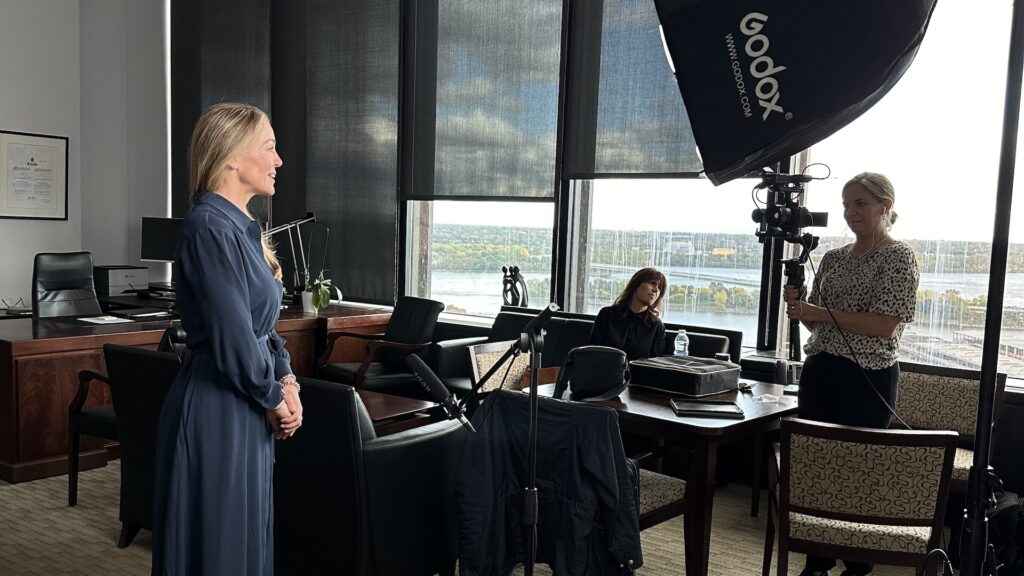Jurivision has teamed up with the Superior Court of Québec to produce a video celebrating its 175th anniversary. The video will be presented as an introduction to the conferences given by the Court’s judges in Québec schools to mark the anniversary.
“Public confidence in the judicial system depends on a better understanding of it. It is therefore essential to explain what the Superior Court of Québec does, so that citizens fully understand its role and the work of its judges,” says Superior Court Chief Justice Marie-Anne Paquette. “Video is an accessible and captivating way of doing this.
“By working with the Québec Superior Court, we are strengthening an essential bridge between the academic world and the judicial system,” emphasizes Marie-Eve Sylvestre, Dean of the Faculty of Law’s Civil Law Section. “This collaboration aims to make the law and judicial activity more accessible and understandable for as many people as possible.”
This is the first step in a broader collaboration between Jurivision and the Superior Court. Our team is currently developing a project to explore in greater detail the history of the Court and its impact on Quebec society. Stay tuned!


